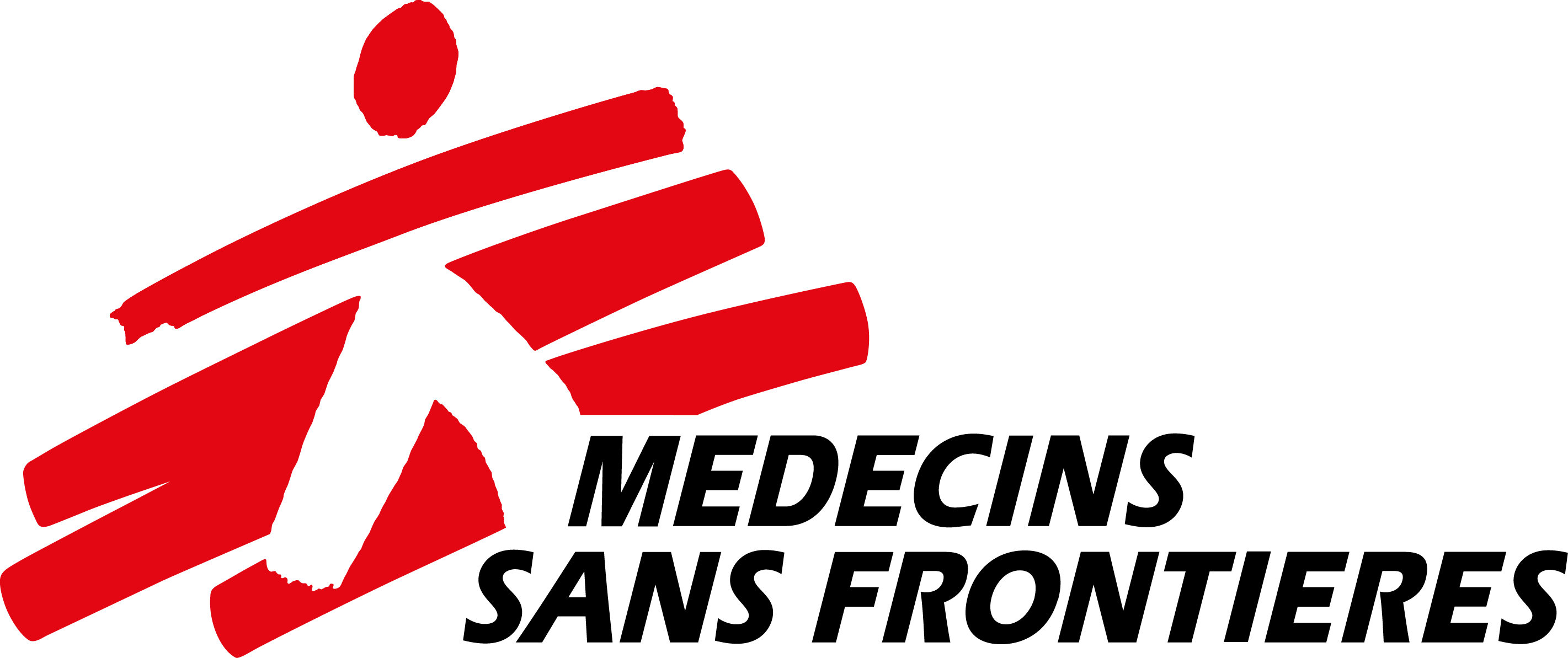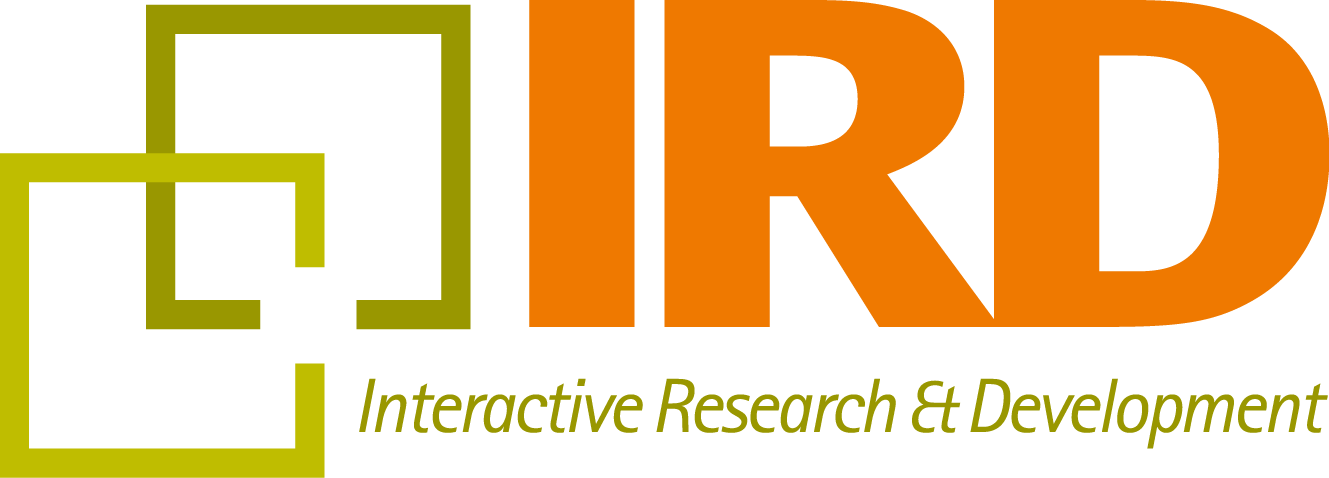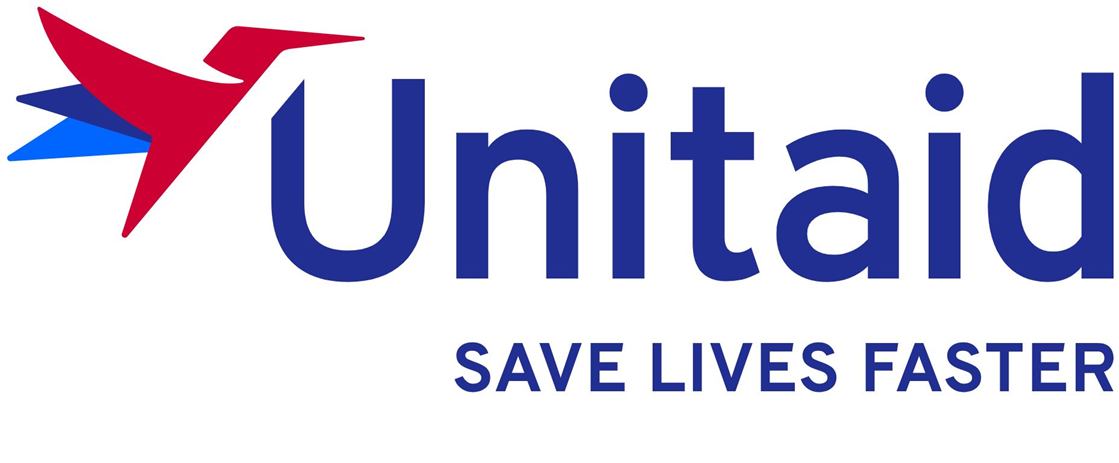TBILISI (Georgia) – Médecins Sans Frontières (MSF), Partners In Health (PIH) and other leading medical organizations have launched a major clinical trial which seeks to revolutionize treatment for the toughest strains of tuberculosis (TB), the world’s leading infectious disease killer. The first patient started treatment in Georgia last week.
The trial is part of a UNITAID-funded transformative project called endTB, which aims to speed up and expand access to better and shorter treatments for drug-resistant forms of TB. The four-year US$60 million project, being implemented by PIH, MSF and Interactive Research and Development (IRD), targets 15 countries across three continents.
Following decades of neglect, TB has overtaken HIV as the deadliest infectious disease, killing 1.8 million worldwide last year. Aggravating the problem are the more complicated strains of the disease, which withstand treatments because of antibiotic resistance to the main drugs used in TB treatment. These types of TB are known as ‘multidrug-resistant TB’ (MDR-TB) and worse, ‘extensively drug-resistant TB’ (XDR-TB). The world is losing ground to these resistant forms. Conservative estimates from the World Health Organization (WHO) keep climbing and now place the number of yearly new cases at more than half a million.
Because these strains are just as contagious as normal TB but much more difficult to treat, they represent a significant public health crisis in many countries. MDR-TB and XDR-TB have often been referred to as “Ebola with wings” because the present-day medical treatment for these forms of TB have about the same cure rate as Ebola and the disease is spread from person to person through the air.
Current treatments for MDR-TB are long (up to 24 months), ineffective (only 50% succeed) and often cause terrible side effects, including acute psychosis and permanent deafness. All the while, patients endure months of painful, daily injections and ingest up to 14,000 pills. Moreover, the costliness, difficulty and length of current treatments make them hard to implement in many high-burden countries.
To address the problem, this phase III clinical trial uses the first TB drugs developed in almost 50 years — bedaquiline and delamanid — to find radically shorter (9 months), injection-free, more tolerable treatments for MDR-TB. (The new drugs will be combined into experimental new treatments with other oral TB drugs such as clofazimine, linezolid, fluoroquinolones and pyrazinamide.)
Today only about 10% of MDR-TB sufferers worldwide can hope to access successful treatment, and less than 2% can access bedaquiline or delamanid. The clinical trial will expand the evidence base for using bedaquiline and delamanid, particularly as part of simpler and better treatments that would be easier to implement in resource-poor countries with significant TB burdens. Evidence of success of these regimens, coupled with support for their implementation, would dramatically expand access to successful treatment.
The endTB project is expected to enroll an estimated 2600 MDR-TB patients on treatment with the new TB drugs and 750 patients will take part in a clinical trial across six countries: Georgia, Kazakhstan, Kyrgyzstan, Lesotho, Peru and South Africa. These are all countries with significant TB burdens, where endTB partners support local MDR-TB treatment activities.
The trial, for which MSF is sponsor, benefits from the expertise of Harvard Medical School, Epicentre and the Institute of Tropical Medicine Antwerp. The clinical trial team also works closely with Ministries of Health and National Tuberculosis Programs (NTP) in each country, as well as the WHO and ethics review boards.
This is the second TB clinical trial sponsored by MSF. The first, TB PRACTECAL, launched in Uzbekistan in January 2017.
Dr. Francis Varaine, co-principal investigator of the endTB clinical trial and leader of MSF’s TB working group, said:
“Patients with MDR-TB often fear the drugs as much as the disease. They lose their energy, perhaps their hearing or eyesight, and put their lives on hold for up to two years.
“Having followed MSF TB projects around the world for many years, I am convinced that the recent approval of two new drugs, bedaquiline and delamanid, represents an unique opportunity that should not be missed to develop new treatment regimens that could be life changing for MDR-TB patients. While both drugs have shown very promising results when added to the standard, long and badly-tolerated MDR-TB treatments, we know little about how to optimise them.
“Without further research, we are only scratching the surface and patients continue to suffer.”
Dr. Carole Mitnick, co-principal investigator of the endTB clinical trial for Partners In Health and Harvard Medical School, where she is an associate professor, said:
“This is the most exciting prospect for people with MDR-TB since PIH first demonstrated the feasibility of treating the disease in resource-poor settings. If established as successful, shorter, injection-free regimens that are suitable for a diverse and large proportion of MDR-TB patients would be transformative.
“Together, PIH and MSF have expanded structures, resources, treatment, evidence, and ambitions for this and other complex diseases affecting poor people. The endTB clinical trial is a natural extension of this decades-long collaboration between two organizations that place priority on expanding access to proven, high-quality interventions among patients who need them, regardless of economic or socio-political situations in which they live.”
Professor Zaza Avaliani, Director of the National Center for Tuberculosis and Diseases, Tbilisi, Georgia, said:
“Having new treatment options for MDR-TB in Georgia is an ultimate luxury and we should take maximum advantage of this opportunity. Only through research can we get the greatest benefit out of TB drugs: to find the most effective, most tolerable and safest combinations.
“Not only patients, but doctors can gain hope from the prospect of new treatments. This is our chance to become more assertive, after decades of hopelessness, in our message that TB is curable.”
Robert Matiru, Director of Operations, UNITAID, said:
“Improving the lives of those with TB is a top priority for UNITAID, including this most recent effort to speed access to better, shorter, and more effective MDR-TB treatments. We plan to continue to drive change by supporting important work to transform MDR-TB treatment, tackle the challenge of resistance to critical medicines, and ultimately increase cure rates.”
ends
NOTES TO EDITORS
About the endTB partnership
endTB (expand new drug markets for TB) aims to find shorter, less toxic & more effective treatments for MDR-TB, using the first two drugs developed in 50 years: bedaquiline and delamanid. Covering 15 countries, the project is a partnership between Partners In Health, Médecins Sans Frontières, Interactive Research & Development and financial partner UNITAID.
Epicentre, Harvard Medical School and the Institute of Tropical Medicine Antwerp are partners of the endTB clinical trial.
MSF and tuberculosis
Médecins Sans Frontières/ Doctors Without Borders (MSF) is an international medical humanitarian organization. It has been fighting TB for over 30 years and is now one of the biggest non-government providers of TB care worldwide. It currently treats patients with TB and drug resistant TB in 24 countries including India, the Central African Republic, South Africa and Uzbekistan. MSF also works with Ministries of Health in 12 countries to run courses of treatment that include new drugs and runs two clinical trials (including endTB), in conjunction with partners, to find new TB treatment regimens. MSF is also a founding partner of the 3P project, a new research initiative working to develop the next generation of TB treatments.
For more information on MSF’s TB work please see our recent TB Briefing Paper.
PIH and tuberculosis
Partners In Health is an international medical organization that helps build and sustain public health systems in poor and underserved communities around the world. Launched in Haiti in 1987, PIH today reaches 7 million people and employs 18,000 people, including 15,000 local community health workers. The organization uses a community-based approach to care that has resulted in some of the highest cure rates and lowest treatment default rates ever recorded for TB and HIV. It is running the endTB clinical trial in Peru, Lesotho, and Kazakhstan, and is bringing new TB medications to five countries. Learn more at www.pih.org.
UNITAID
UNITAID finds new and better ways to prevent, test and treat HIV, tuberculosis and malaria quickly and more affordably. It takes game-changing ideas and turns those into practical solutions that can help accelerate the end of the three diseases. Established in 2006 by Brazil, Chile, France, Norway and the United Kingdom, UNITAID plays an important part in the global effort to end HIV, tuberculosis and malaria. For more information, please visit: www.unitaid.org




